Dr. Bernard Bull is Assistant Vice President of Academics for Continuing and Distance Education & Associate Professor of Education at Concordia University Wisconsin.
In 1888, John Milton Gregory published The Seven Laws of Teaching, providing instruction on what contributes to being an effective teacher. While this list is over a hundred years old, most readers today will resonate with this list of laws. This is one of a dozen or so books that I try to read each year. It is a short read that one can usually finish in a few hours. As I picked up the book to read again today, I started to think about these laws in terms of self-directed learning, rewriting the laws from a self-directed learning perspective (which, by the way, fits nicely with law #7).
Below is the original list of “elements” from which Gregory devised his seven laws. Using these as a starting point, I revised them to create the seven elements of a self-directed learner, adding one additional item that did not seem to have adequate emphasis in Gregory’s original list (although it is embedded within several of them).
Learn more:
- https://gustmees.wordpress.com/2014/07/10/education-collaboration-and-coaching-the-future/
- http://www.scoop.it/t/21st-century-learning-and-teaching/?tag=Coaching
Via
Gust MEES



 Your new post is loading...
Your new post is loading...

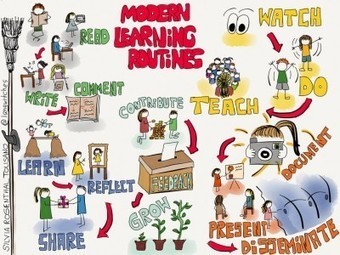

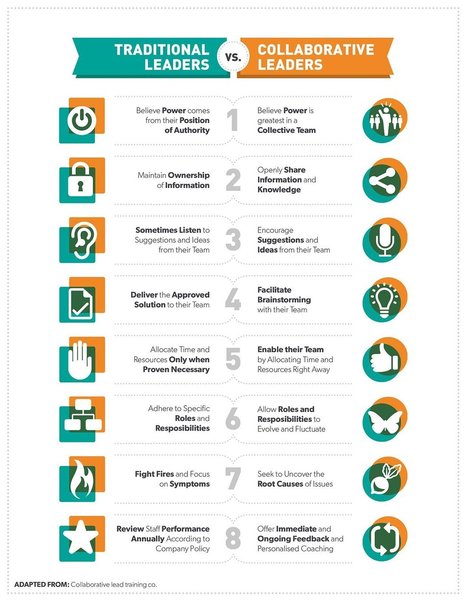



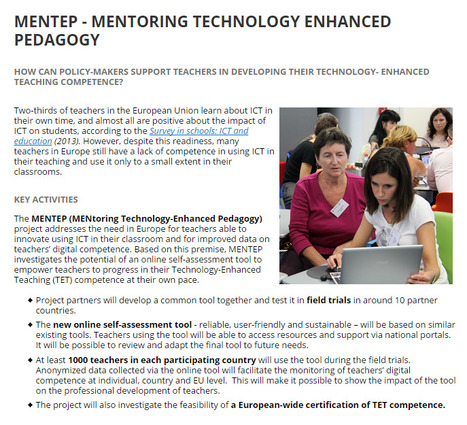



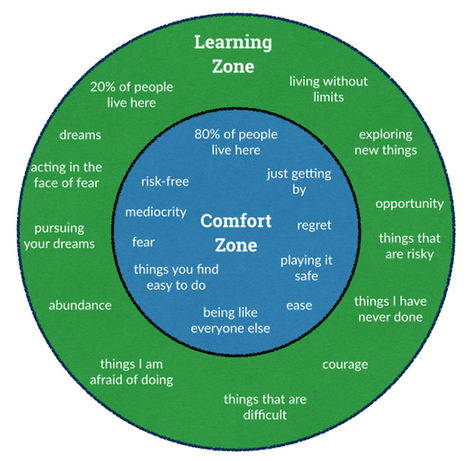



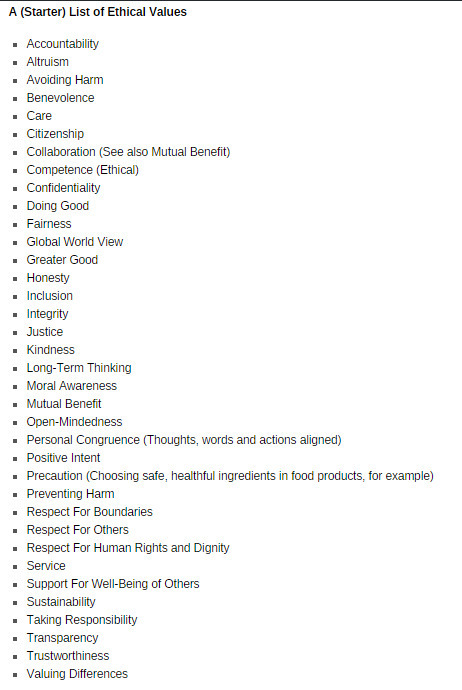

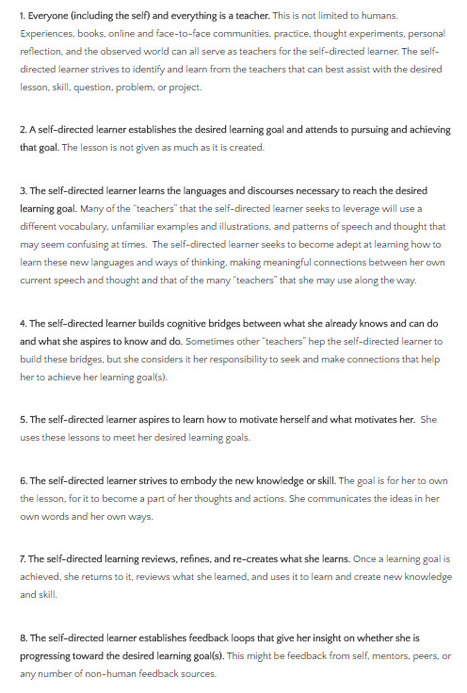






Learn more:
https://gustmees.wordpress.com/2015/07/19/learning-path-for-professional-21st-century-learning-by-ict-practice/I scooped these visible thinking routines because they reminded me of class, and the expectations of how we will utilize information. I hope that when other educators and teachers look at these visuals they not only share them with their students, but also consistently reference them, and demonstrate how to work through the routines themselves.
From Visible Thinking Routines to 5 Modern Learning Routines - Langwitches